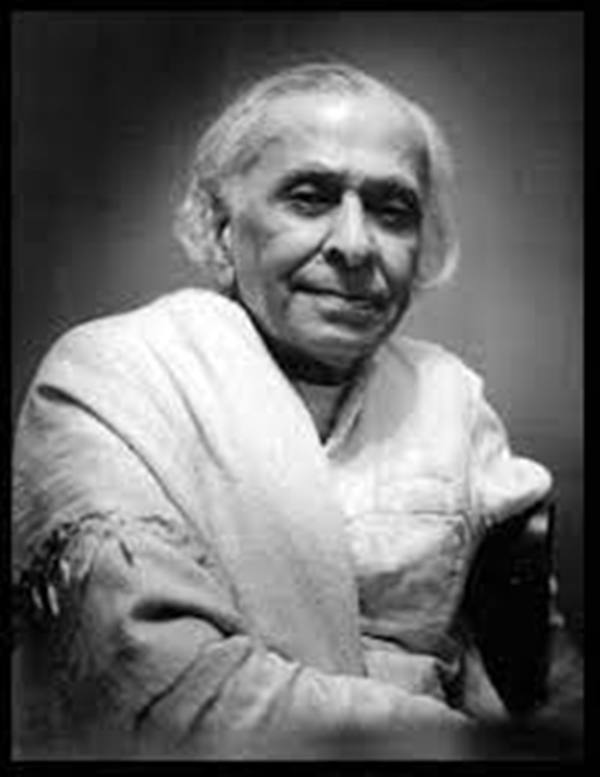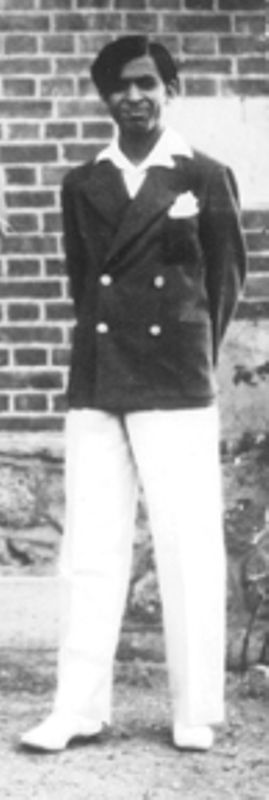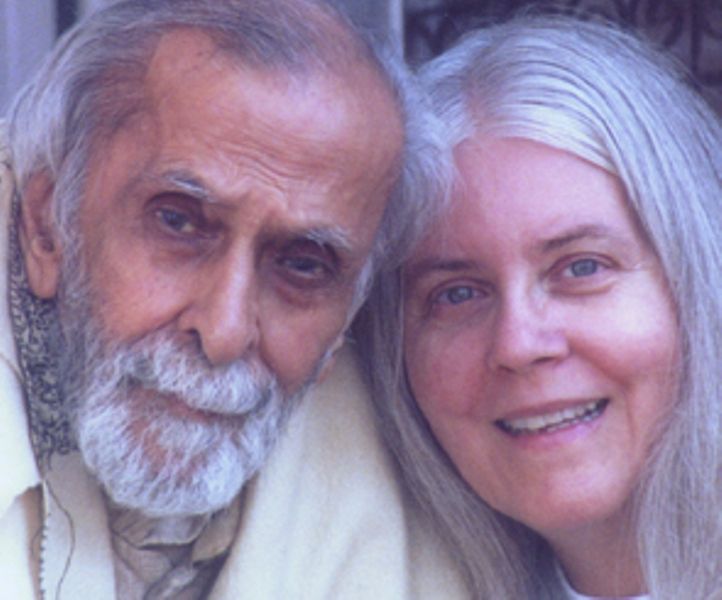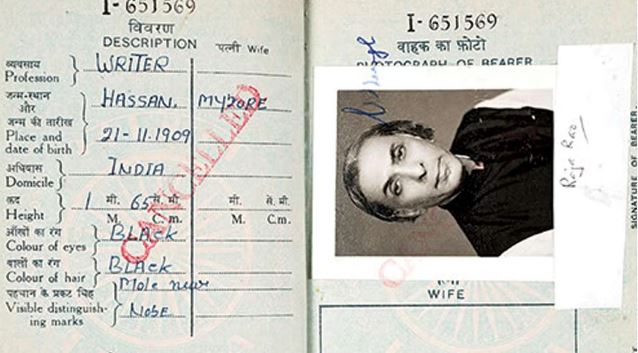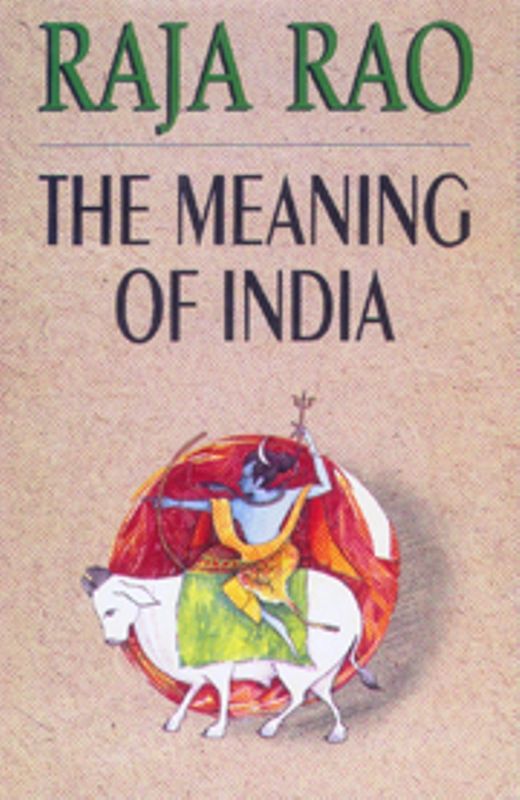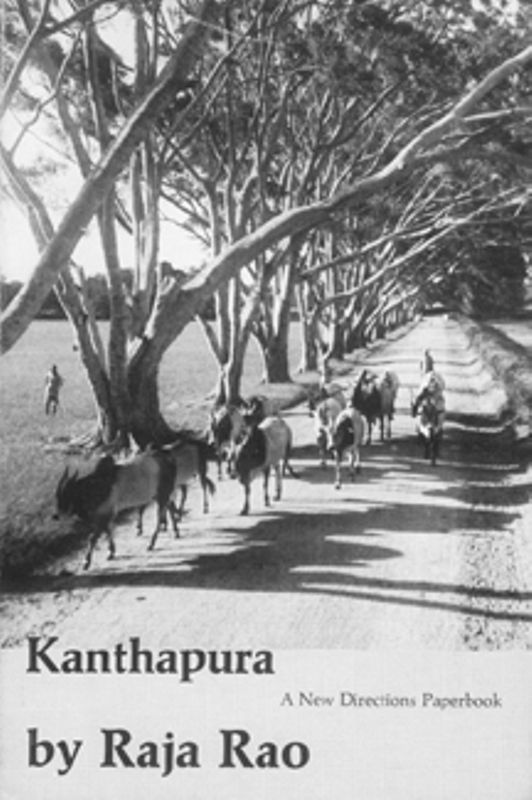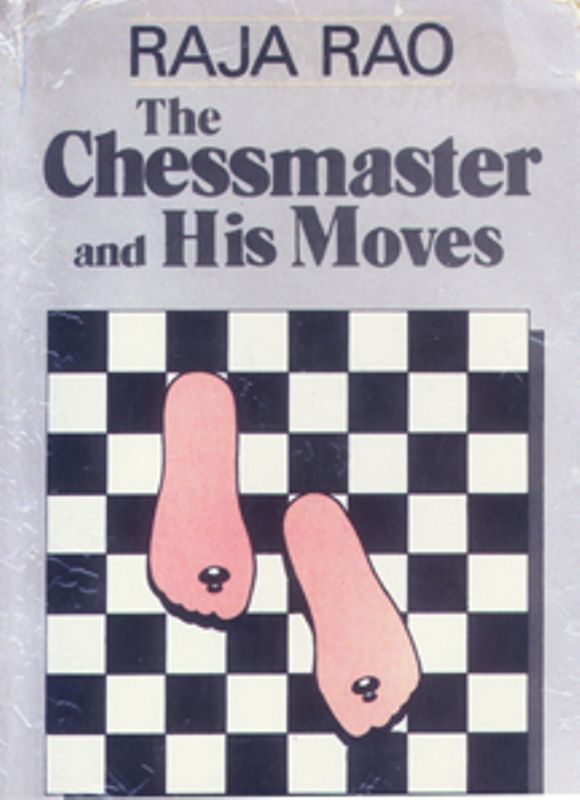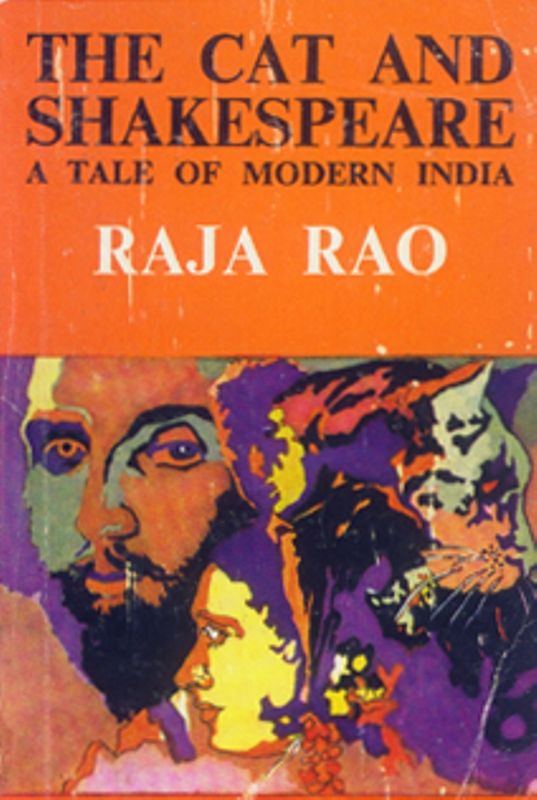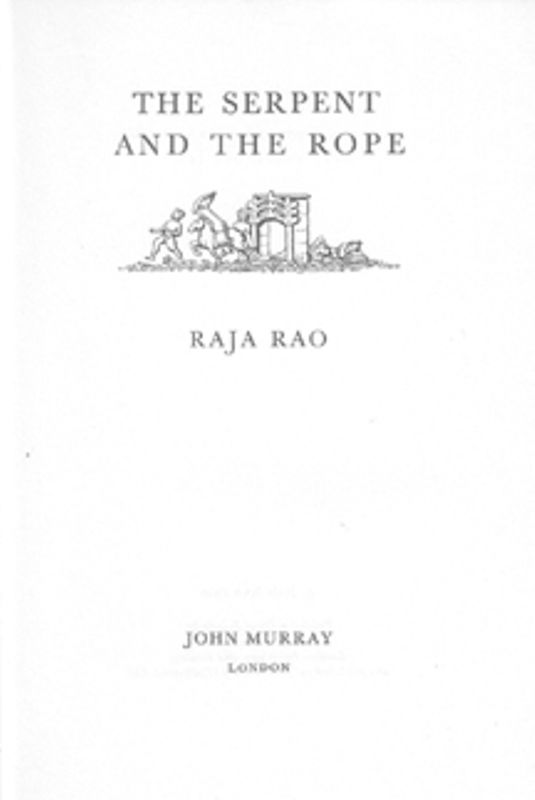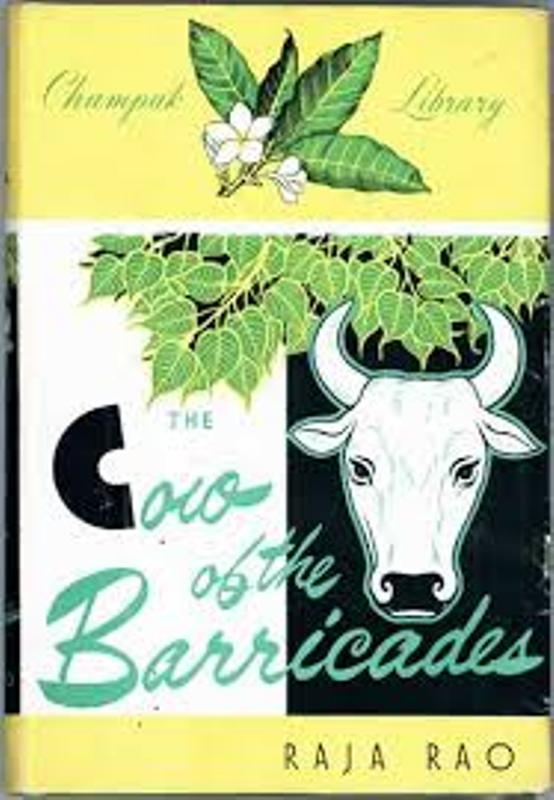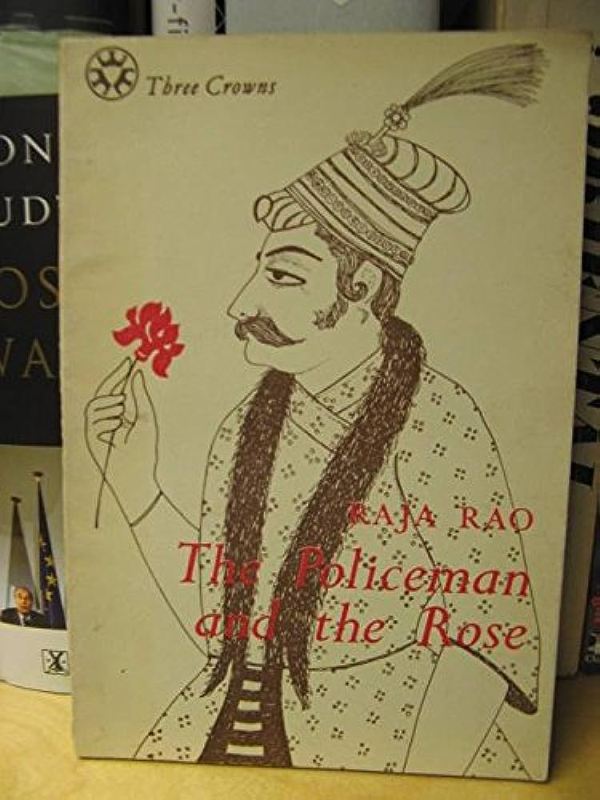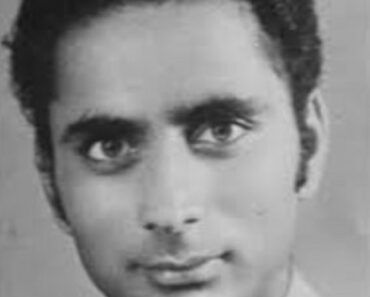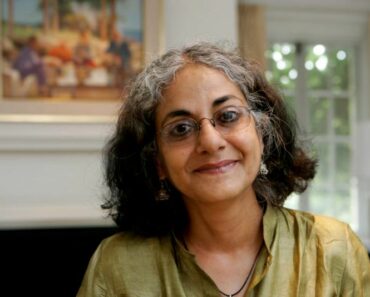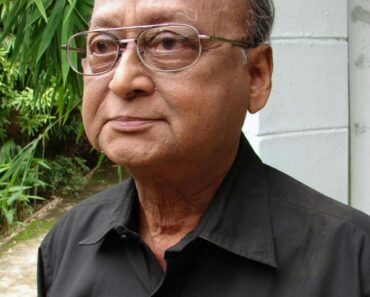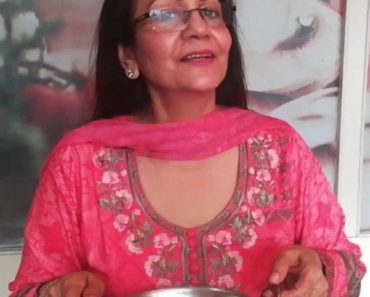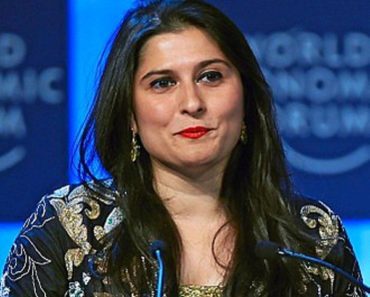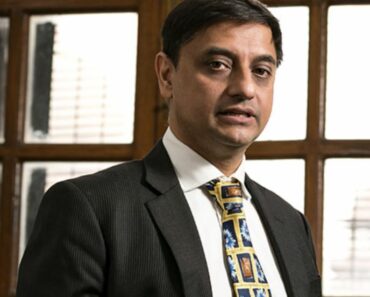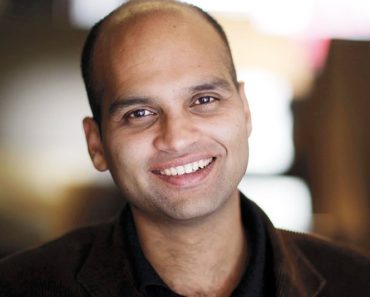Raja Rao (1908-2006) was an Indian-American writer, who was one of the most prominent writers of the 20th century. He wrote several novels and short stories, and his major works include the novels Kanthapura (1938), The Chessmaster and His Moves (1988), The Cat and Shakespeare (1965) which Raja Rao called a ‘metaphysical comedy,’ The Serpent and the Rope (1960) which is a semi-autobiographical novel, and short stories like A Client (1934), The Cow of the Barricades (1938), The Policeman and the Rose (1963), Jupiter and Mars (1954), and The Writer and the Word (1965). In 1996, Raja Rao published a series of non-fiction essays under the title The Meaning of India. On 8 July 2006, Raja Rao died due to heart failure at the age of 97.
Contents
Wiki/Biography
Raja Rao was born on Sunday, 8 November 1908 (age 97 years; at the time of death) in Hassan, Kingdom of Mysore, British India (at present in Karnataka, India). His zodiac sign is Scorpio. Raja Rao completed his matriculation in 1927 at Madarsa-e-Aliya, a Muslim school in Hyderabad. He attained his undergraduate degree in English (major) and History (major) from the University of Madras in 1929. He later went to Montpellier University in France to study literature for postgraduate. He studied the French language at the Sorbonne in Paris. Raja Rao lived in France from 1928 to 1939. In 1932, he became a member of the editorial board of Mercure de France and served for 7 years. He lived in Mahatma Gandhi’s ashram, Sevagram, in 1942 and actively participated in India’s independence movement against the British. He also volunteered in the Quit India Movement of 1942. He went to the United States in 1950, and from 1966 to 1986, he served as a Professor of Philosophy at the University of Texas at Austin. In 1998, he published a biography, The Great Indian Way: A Life of Mahatma Gandhi. In 1984, Raja Rao was also elected for the Honorary Fellowship of the Modern Language Association in America. R. Parthasarathy, an Indian poet and Director of the Program in Asian Studies at Skidmore College in New York said that-
Rao is one of the most innovative novelists now writing. Departing boldly from the European tradition of the novel, he has indigenized it in the process of assimilating material from the Indian literary tradition.”
Family & Caste
Raja Rao belonged to a Kannada Brahmin family.
Parents & Siblings
Raja Rao’s father, H.V. Krishnaswamy, was a professor of the Kannada language at Nizam’s College, Hyderabad, who died in 1940. Raja Rao was only four years old when his mother, Gauramma, died in 1912. He was the eldest child among his nine siblings. He had seven sisters and one brother named Yogeshwara Ananda.
Wife & Children
Raja Rao’s first wife, Camille Mouly, was a professor of French at Montpellier. Camille Mouly translated the Bhagavad Gita into French. In 1939, they parted ways. Raja Rao mentioned his marriage with his first wife in his novel The Serpent and the Rope. Raja Rao got married in 1965 to Katherine Jones, who was an American actress who was an American actress. They were both blessed with a son whom they named Christopher Rama. In 1986, he divorced Katherine. Raja Rao met a student, Susan Vaught, at the University of Texas in the 1970s, who later became his third wife in 1986.
Religion
Raja Rao followed Hinduism.
Signature
Career
Scholar
As a scholar, Raja Rao wrote many essays and articles.
Essays and Articles
- ‘Pilgrimage to Europe,’ in Jaya Karnataka (Dharwar), 1931
- ‘Europe and Ourselves,’ in Jaya Karnataka (Dharwar), 1931
- ‘Romain Rolland, the Great Sage,’ in Jaya Karnataka (Dharwar), v.11, no.1, 1933
- ‘Pandit Taranath,’ in Asia (New York), 1935
- ‘The Premier of Sakuntala,’ in Asia (New York), 1943
- ‘Jupiter and Mars,’ in Pacific Spectator, 1954
- ‘Varanasi,’ in Illustrated Weekly of India (Bombay), 1961
- ‘Trivandrum,’ in Illustrated Weekly of India (Bombay), 1962
- ‘Books Which Have Influenced Me,’ in Illustrated Weekly of India (Bombay), 1962
- ‘Andre Malraux Among the Gods of India,’ in United Asia (Bombay), 1964
- ‘Recollections of E.M. Forster,’ in E.M. Forster: TRIBUTE with Selections from His Writings on India. K. Natwar-Singh, ed. 1964
- ‘Jawaharlal Nehru: Recollections and Reflections’-A Symposium,’ in Illustrated Weekly of India (Bombay), 1964
- ‘The Gandhian Way,’ in Illustrated Weekly of India (Bombay), 1965
- ‘The Writer and the Word,’ in Literary Criterion (Mysore), 1965
- ‘Irish Interlude,’ in Saturday Review (New York), 1966
- ‘The Climate of Indian Literature Today,’ in Literary Criterion (Mysore), 1972
- ‘The Meaning of India,’ in The First Writers Workshop Literary Reader. C.D. Narasimhaiah, ed. 1978
- ‘The Caste of English,’ in Awakened Conscience: Studies in Commonwealth Literature. C.D. Narasimhaiah, ed., 1978
- ‘Autobiography: Entering the Literary World,’ in Journal of Commonwealth of Literature (London), 1979
- ‘The Cave and the Conch,’ in The Eye of the Beholder: Indian Writing in English. Maggie Butcher, ed. 1983
Nonfiction
- Changing India, an Anthology written by Raja Rao and Iqbal Singh in 1939
- Whither India? written by Raja Rao and Iqbal Singh in 1948
- In 1949, Raja Rao edited a text, Soviet Russia: Some Random Sketches and Impressions written by Jawaharlal Nehru.
Professor
From 1966 to 1986, Raja Rao served as Professor of Philosophy at the University of Texas at Austin and retired as Emeritus Professor.
Writer
As a writer, Raja Rao is known for his novels, short stories, and poems.
Novels
Kanthapura (1938)
The Chessmaster and His Moves (1988)
The Cat and Shakespeare (1965)
The Serpent and the Rope (1960)
Short story collection
In 1947, Raja Rao published a short story collection, The Cow of the Barricades and Other Stories. Later in 1978, The Policeman and the Rose got published with several stories. He gained great prominence with his stories like Javni (1933), Akkayya (1933), A Client (1934), In Khandesh (1934), Protector of Gold (1935), The Little Gram Shop (1937), Narsiga (1944), India-A Story (1953), The Cat (1959) and Nimka (1963).
Published Poem
Expiation of a Heretic is the autobiographical poem written by Raja Rao in 1932 in Kannada verses.
Awards, Honours, Achievements
- He won the Asiatic Scholarship of the Government of Hyderabad in 1929, for studying abroad.
- Sahitya Akademi Award (1964)
- In 1969, he was honoured with the Padma Bhushan.
- Raja Rao was awarded the Neustadt International Prize for Literature, sponsored by the University of Oklahoma in 1988 for his novel The Chessmaster and His Moves.
- In 2007, he was honoured with the Padma Vibhusan, the second highest civilian award in India.
Death
On 8 July 2006, Raja Rao died due to heart failure at the age of 92 at his home in Austin, Texas.
Facts/Trivia
- In 2000, the Samvad India Foundation, a charity trust, took out the idea of an award in the name of Raja Rao, the Raja Rao Award for Literature was bestowed seven times from 2000 to 2009. This award was for the writers who have profoundly contributed to the Literature of the South Asian Diaspora; however, the award was discontinued later on.
- Raja Rao wrote four articles in the Kannada language for a journal, Jaya Karnataka.
- In 1972, Raja Rao became a fellow of the Woodrow Wilson International Center, Washington, D.C.

